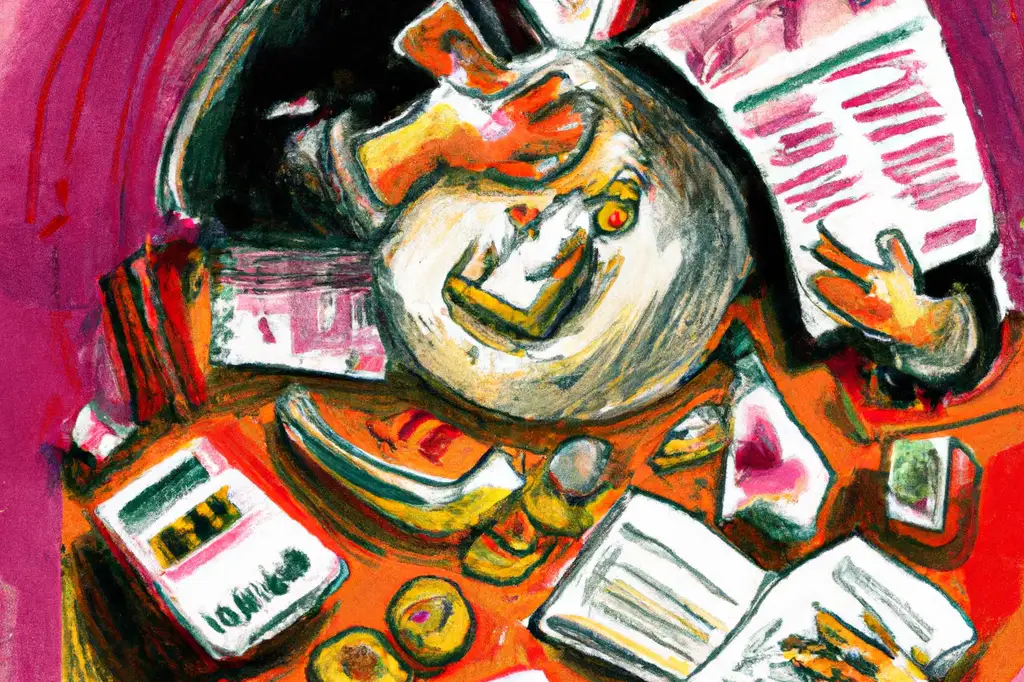**TLDR:**
– The article discusses the impact of social media on mental health, highlighting the negative effects it can have on individuals.
– It also addresses the ways in which social media platforms can be addictive and contribute to feelings of anxiety and depression.
The Impact of Social Media on Mental Health
Social media has become an integral part of our daily lives, with many individuals spending hours each day scrolling through various platforms such as Facebook, Instagram, and Twitter. While social media can be a great tool for staying connected with friends and family, it also has a darker side that often goes unnoticed. In recent years, studies have shown that excessive use of social media can have a detrimental effect on our mental health.
One of the key issues with social media is the way in which it promotes comparison. Users often find themselves comparing their own lives to the carefully curated versions of others that are presented on social media. This can lead to feelings of inadequacy and low self-esteem, as individuals feel like they are falling short in comparison to their peers. In addition, the constant barrage of images of seemingly perfect lives can create a false sense of reality, leaving users feeling like they are not measuring up.
Another concerning aspect of social media is the way in which it can contribute to feelings of loneliness and isolation. While social media allows us to connect with people from around the world, these connections are often superficial and lack the depth and intimacy of real-life relationships. This can lead to a sense of disconnection and loneliness, as individuals spend more time interacting with screens than with real people.
In addition to promoting comparison and feelings of loneliness, social media can also be highly addictive. The endless scrolling and constant stream of notifications can trigger the release of dopamine in the brain, creating a feedback loop that keeps users coming back for more. This can lead to feelings of anxiety and depression, as individuals become overly reliant on social media for validation and self-worth.
Despite these negative effects, there are steps that individuals can take to protect their mental health while using social media. Setting boundaries around social media use, taking regular breaks, and unfollowing accounts that trigger negative emotions are all ways in which individuals can mitigate the harmful effects of social media. By being mindful of their social media consumption and prioritizing real-life connections, individuals can work towards achieving a healthier balance in their digital lives.
In conclusion, while social media can be a valuable tool for staying connected and informed, it is important to be aware of the potential impact it can have on our mental health. By taking proactive steps to protect our mental well-being, we can ensure that our use of social media enhances our lives rather than detracts from them.






